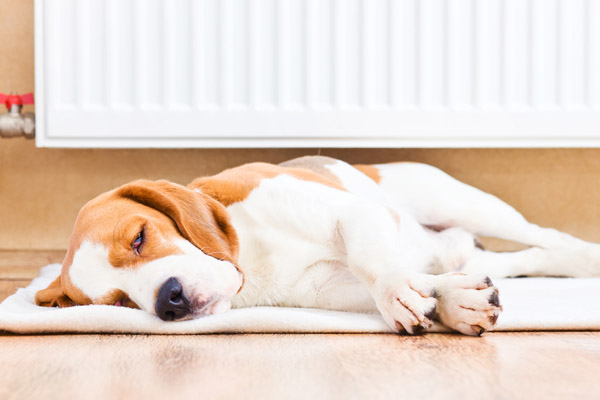
Some homeowners confuse boilers with furnaces. It isn’t surprising that this happens since both systems heat homes or offices. However, this is where their main similarity ends. Both systems are necessary for heating as their common purpose, but they couldn’t be more different from one another. You will need to choose boiler vs. furnace per your setup and heating needs. Therefore, you must understand the furnace and the boiler, including their differences and advantages.
Differences Between Furnaces & Boilers
Read on to learn all you need to know about boilers versus furnaces and their essential differences.
What Is A Boiler?
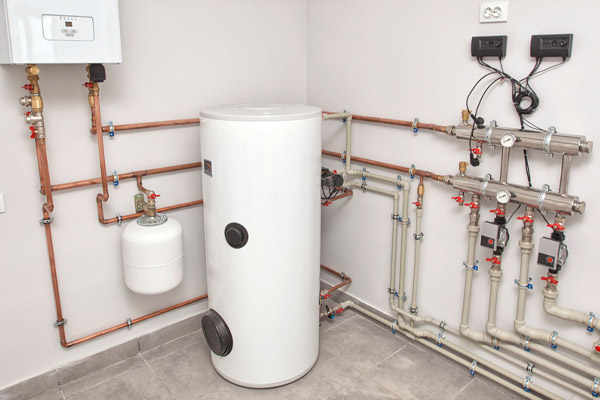
A boiler is a large, closed vessel where water or other liquid form is heated for steam or vapor production. Most heating systems have it as their primary component. It is also a major contributor to heat emission and distribution.
Hydronic heating or radiator systems use water or liquid for heating. Aside from the boiler, the system consists of the pipe system, radiators, baseboard, and circulator pump as well. They are installed in various areas and rooms to ensure heat distribution. A residential boiler can have a few or many components depending on how many rooms your home has.
What Is A Furnace?
A furnace utilizes the air to generate heat. This heating system distributes the heated air to various rooms and is typically called a forced-air heating system. This is because it forces room-temperature or cool air through a heat exchanger that heats the air. The heated air then goes through the HVAC ducts for circulation. Furnaces come in three types: downflow, upflow, and horizontal. They may be powered by electricity, induction, gas, or oil.
What Are The Differences Between A Boiler And A Furnace?
The main difference between a furnace and a boiler is how they operate. The latter heats water inside a tank or container to generate warmth. The hot water is then pushed through a pipe system running through the house or building. The hot water heats the pipes, generating heat to warm the rooms. A boiler heater is able to warm up a building as long as it produces hot steam or water.
On the other hand, a furnace is equipped with a heat exchanger. A furnace heats air instead of liquid. The warm air is then distributed throughout the home using a blower motor. This component pushes the air through vents and ducts to keep the house or building warm.
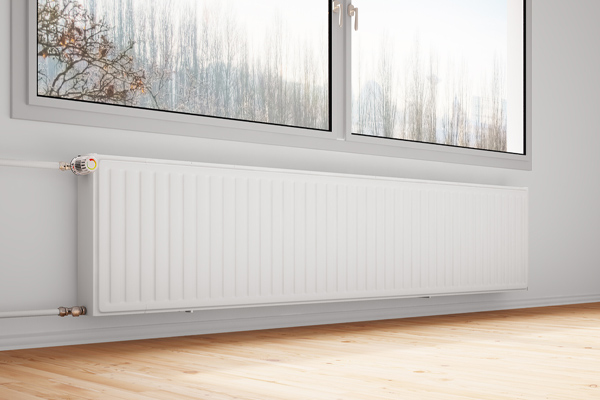
Boiler Vs. Furnace: Energy-Efficiency
More energy is needed to heat air than water. As a result, furnaces have a higher fuel consumption within a shorter period than boilers. When it comes to cost, boilers usually have a higher price tag but may be more durable compared to furnaces. Keep in mind that these factors also depend on how well the equipment is maintained.
Boiler: Pros & Cons
Here are several boiler pros and cons:
Pros
- Boiler Efficiency: Boilers generally use less fuel for heat production, meaning you don’t have to pay more for energy costs.
- Less Noise: Boilers don’t generate hot air that is forced through the system, making them generally quieter than furnaces.
- Heat Consistency: You get more consistent heating from hot water or vapor than hot air.
- Air Quality: Unlike furnaces, boilers don’t move air. Therefore, they do not circulate particles like dust and pollen.
Cons
- Heat Only: Boilers cannot cool your home as it only produces heat. Furnaces can’t cool as well, but a central cooling system can utilize the same ductwork system.
- Boiler Installation: Boiler installation requires more time and effort.
- Slow Adjustments To Heating Temperature Changes: Boilers take a while to transition during thermostat changes.
- Boiler Leak Hazard: Damaged or older boilers are more likely to leak water or fluid, which may eventually lead to water damage.
- Difficult Conversion: It can be difficult and expensive to switch from a boiler to a furnace heating system, especially since ductwork installation is needed.
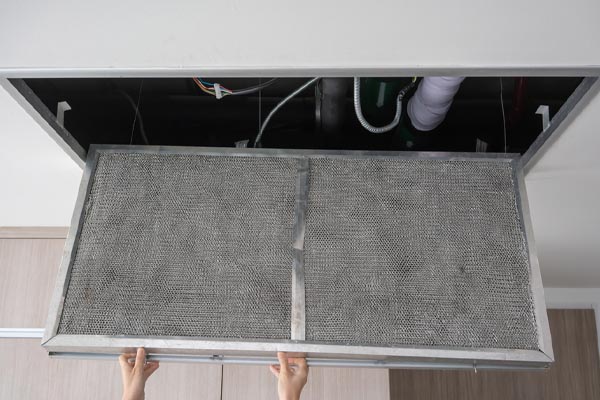
Furnace: Pros & Cons
Listed here are the pros and cons linked with using a furnace:
Pros
- Flexibility: Furnaces can be powered with heating oil, electricity, propane, and natural gas. Some models can also use geothermal or solar energy, but they are uncommon.
- Fast-Acting: Furnaces generate heat quicker than boilers so that they can warm homes in a shorter period.
- Furnace Cost: Furnaces are relatively common, so more units and models are available. The amount of furnace units in the market helps bring down its price.
- Minimal Leaks: A furnace leak means it leaks air and not water or fluid. Therefore, there is less damage, if any, to the home.
- Zero Freezing Hazard: In regions with extremely low temperatures during winter, homes that depend on furnaces for heating don’t run the risk of frozen pipes that may burst like boilers that use water for heating.
Cons
- Furnace Noise: Furnace blowers generate noise during air distribution. Therefore, furnace units make a noise every time they are turned on.
- Heat Consistency: Heated air doesn’t generate consistent heating as hot water or steam. This explains why some rooms feel cooler or warmer than others.
- Air Quality: Indoor air quality is reduced if air filters aren’t maintained or changed regularly.
Conclusion
Choosing between a boiler and a furnace ultimately depends on your heating and cooling requirements and the existing structure you will install the system in. If you need to replace your old heating unit, you will be happy to know that new models of boilers and furnaces have high-efficiency ratings. This means you can enjoy better savings in the long run. If you are undecided on which system to use, consult your local HVAC technician for professional advice.
Call R.F. Ohl For All Of Your HVAC Requirements
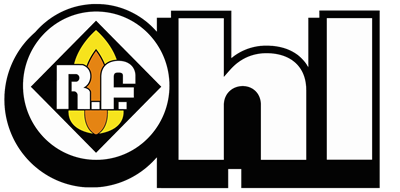
R.F. Ohl provides superior heating and cooling services in the Poconos and the Lehigh Valley, Pennsylvania. We have the best highly skilled and professionally certified technicians who can do high-quality HVAC repairs, replacements, installations, and tune-ups. Our friendly techs have the knowledge, skills, and experience to ensure prompt and correct HVAC services at all times.
For the most competitive HVAC service prices in the area, call R.F. Ohl. Our maintenance services can increase your energy efficiency and improve your comfort while lowering your heating and cooling bills. We can provide you with the most suitable and budget-friendly solutions for your HVAC repair or replacement system needs. As always, your satisfaction is our priority, so we back our work with a guarantee. Contact R.F. Ohl today to schedule a service appointment and receive a free, in-home estimate.
Click here to contact us today or give us a call at (610) 377-1098 if you have any questions.
The post What Is The Difference Between A Boiler And A Furnace? appeared first on R.F. Ohl.
No comments:
Post a Comment